|
Earlier this morning, news broke that the European Super League (ESL) - a proposal that has been floating around for over a decade - was one step closer to reality with 12 football clubs from England, Spain and Italy resigning en-masse from the European Club Association and committing to a new league backed by American bank JP Morgan. In this article I look at the proposals, how we got here and what this means for football going forward. The ESL: A summaryWhat's the proposal? A new midweek pan-European competition that involves 20 teams, split into two groups of 10. The top three from each group will qualify for the knock-out stages with teams finishing fourth and fifth having a play-off to determine the final play-off place. Why is it controversial? It's a tournament driven by a desire to get greater revenue for a small number of so-called 'big clubs' - so basically billionaires' greed (you can read about my thoughts on these individuals here). Football is based on the notion of open competition (although it's not always true in practice). The ESL proposal calls for 15 of the 20 members (known as founding members) to never be relegated from the competition, thereby creating a closed-shop for a small number of teams. Won't it mean more big games? Yes, and that is the commercial incentive for the clubs. More big games means higher television audiences and revenue. But to achieve it means going against everything that football is supposed to stand for. It means taking clubs away from their local communities, and asking fans to travel to matches across Europe (although the Premier League and UEFA has already done its best to price most people out of matches). Who is involved? Primarily teams from England, Italy and Spain, their billionaire owners and American bank JP Morgan are some of they key players. How did we get here? Ironically through the actions of the organisations fighting against the ESL, The Premier League was itself a breakaway Super League designed to get more revenue for its members, while the UEFA Champions League has been structured on the basis of providing ever greater revenue and power to a small number of large clubs. Will it happen? It could, although FIFA, UEFA, the FA and national league associations have pushed back substantially, including through the threat of bans. The teams involved have already resigned from the European Club Association and have set their intention to get started. Alternatively, it could mean a revamped UEFA Champions League where the so-called 'big clubs' get greater revenue, sponsorship and voting power, an outcome that is just as dangerous. The evolution of footballI've loved football for as long as I can remember, and for my sins I'm a fan of Aston Villa. I've followed them in good years and bad (and there's been more bad than good in my lifetime). Football is the great leveller, the beauty is that no matter how rich or poor you are, anyone can play. Growing up we would use clothes for goalposts and anywhere could be our football pitch. And it didn't matter if we had a football or not - a tennis ball, a round rock, a plastic bottle - as a kid anything you could kick was pretty much a football. It's the global sport because it's easy to pick up and play and accessible to most. It has resulted in creating opportunities for the lucky few to rise out of poverty and become global superstars. We've heard stories of English council estate kids, Brazilians from the favelas and west Africans from the shanty towns all making it big in football, but it wasn't always like this. There is a myth that football is a working class game that has been stolen by the rich. While historically games similar to football were played by working class people in village against village matches, the codified football that we are familiar with grew out of elitism in the mid-19th century. Many football teams were actually formed out of cricket clubs so that players could stay fit and healthy over the winter break. It was an amateur game dominated by private schools like Old Etonians, Wanderers, Royal Engineers and Oxford University who dominated the early years of football, monopolising the world's oldest competition, the FA Cup. The working class, who took to the game due to the ease of playing, spent decades trying to break through. Ironically, they did so by introducing money into the game. You see, for the working class, prior to codification, the game was a hobby they would play in what little spare time they had - after all, they needed to earn a living. Meanwhile, the rich could make use of top class facilities in their private schools and were able to get income from rich benefactors, parents and the school institutions themselves. They fought tooth and nail to keep the game 'amateur' (you don't get paid to play). The working class gameEventually, towns from the Midlands and the north of England got together (chaired by Aston Villa) and formed the English Football League, the world's first professional football league where players would get paid by their clubs to play. It meant that some working class people could now make a living, no matter how small, from playing the game they love. It was a controversial move as while it gave control of the game to the working class, footballers were now seen as mercenaries and could play for the highest bidder rather than their local towns but it was an important step to bringing football into the hands of the masses. For example, it allowed local communities to benefit from the small amounts of money that were in the game. Football clubs could hire local workers to support the administration of the club, while also supporting local community projects with the growing money in the game. And they had reason to do so, as revenue was generated almost exclusively through the local community that would attend games. For the next 100 years football began to grow around the world on a professional basis. English migrants set up football clubs in places they visited, worked or lived, and by the middle of the 20th century there were pan-European and South American club competitions, and cross-continental international tournaments. But once the pandoras box of money was opened, it was impossible to close. The growing amount of money in the game meant teams would make decisions based on their desire to get more money. For example, a small northern team called Newton Heath changed their name to Manchester United to gain a larger catchment area of fans and players by representing a whole city rather than a small part of the city (it was the beginning of a lot of 'Uniteds' - teams that aimed to represent entire cities). The formation of the Premier LeagueBy the 1980s, one hundred years after the founding of the football league, some clubs felt that the they deserved to have more money than others. Stadiums across England had fallen into disrepair, and this led to a number of tragic incidents where many lost their lives. Hooliganism of the 70s and 80s turned large sets of fans away from football matches and so revenue had significantly fallen and led to England falling behind other European leagues, particularly Italy. This, coupled with a European ban on English teams, meant top English players started to ply their trade abroad. Beginning in the 1980s a small number of clubs began pushing to break from the Football League to create a super league. The biggest voices were similar to those making noises today; Arsenal, Manchester United and Tottenham. They used the threat of a break away league to slowly gather more television revenue and sponsorship, at the expense of other teams. The Football Association, with it's incredible short-sightedness saw this as a way of weakening the Football Leagues power and provided support to these clubs - a decision that would cost it dearly in the future. Despite these concessions, in 1992, the clubs from England's top flight resigned together and announced their intention to form a super league called, called the 'Premiership'. The league would be governed by its members who would be in a position to negotiate television contracts separately from the Football League and therefore focus only on their needs rather than the whole football pyramid. This meant a greater collection of wealth was held in the hands of a smaller number of teams. We can argue the benefits and harms that came out of the formation of the Premier League. Money began to flow into the league, new stadiums were built and the Premier League became the undoubted superpower of European football. It attracts players and fans from all over the world and is a commercial powerhouse. And let's not pretend that all money is bad. Whether we like it or not, in a globalised world based on liberal capitalist principles, money is important. For all its faults, its the system we work in, so if billionaires want to buy football clubs, they can, and if fans want to attend games then clubs are free to set prices. More money in football can also create new jobs and new opportunities for people. If football clubs are nothing more than organisations to be owned like any other, then we don't have a problem. The issue is, for many, a football club is a part of society, a cornerstone of the community and social good. The flow of money has led to the soul of football clubs has being stripped away. The increasing amount of money has attracted questionable billionaires from Russia, the United States, China and the Arabian Gulf to purchase these clubs. They have run these clubs as their own personal kingdoms, frequently going against the interest of fans and local communities. Trophies are less important than revenue and a global footprint is more important than the local community. On the football side, the formation of the Premier League has created the 'haves' and 'have-nots'. The gulf between the Premier League and the Football League has grown every season. Initiatives like parachute payments only serve to reinforce the exclusivity of the Premier League where the same small set of clubs are relegated and promoted. Once money was diffused in the league, competition began to be stifled, with the same four to six teams taking the lions share of the revenue. It has also created perverse incentives. While success on the football pitch has been determined by trophies, television money means that finishing 2nd to 6th is somehow seen as successful. Tottenham Hotspur, a club that has not won a single major honour since the formation of the Premier League (other than a solitary EFL Cup) have created a successful business model out of being perpetual losers. The only clubs to break into the dominance of the largest clubs have done so with large amounts of money (Blackburn Rovers for a single season, Chelsea and Man City) with only Leicester competing successfully more recently. For the most part, we have returned to the mid-19th century where a small amount of clubs dominate the game. The formation of the UEFA Champions LeagueSimilarly, the European Cup, a trophy competed between the national champions of European leagues expanded into the UEFA Champions League around the same time to take advantage of growing television money. In response to calls by some so-called 'big clubs' who argued that being eliminated early in the European Cup cost them revenue, UEFA created a group stage so that teams had a guaranteed number of games to play. They took it a step further when they expanded the competition to not only champions, but teams that finished as low as 4th in some countries. Again, this had the result of giving the so-called 'bigger clubs' a greater chance to qualify and make more money. In the 15 years before the formation of the Champions League winners of the European Cup included; Aston Villa, Liverpool, Nottingham Forest, Barcelona, Hamburg, Milan, Porto, PSV Eindhoven, Red Star Belgrade and Steaua Bucharest, That's 10 different winners from 8 different countries. In the past 15 years of the Champions League, only teams from 4 different countries have won the trophy, with 11 of those winners coming from just 2 countries; England and Spain. Let's face it; the UEFA Champions League right now is a cess-pit of commercialisation and has spent almost its entire existence trying to ensure the so-called big clubs are represented. The UEFA proposal for another expansion of the Champions League, as well as a near guarantee that big clubs would be able to qualify even if their league position isn't good enough (through historical coefficients) as a way of staving off a European Super League is nearly as horrible as the ESL itself. There are no good guysThe point I'm getting at is that there aren't any good guys in this tug of war happening in European Football. The same Premier League that is threatening to ban teams from playing in their domestic leagues is the same Premier League that is itself a breakaway Super League that has concentrated money into top clubs, allowed football to become a billionaires playground, and has created the infrastructure for a so-called 'big six'. Likewise, UEFA has spent the last three decades creating a tournament that guarantees revenue for a small elite of clubs, pushing out smaller nations with vibrant footballing cultures (like Portugal, Scotland, the Netherlands, the Balkan states etc.) And we won't even get started with the snake pit that is FIFA. The Premier League and UEFA have realised that an ESL threatens their cash cows, it threatens their business models and are coming out swinging to defend their golden geese. They aren't doing this for the fans. Both competitions have watched on as ticket prices have risen and priced the working class out of attending match days. Both competitions have watched on as billionaire ownership has removed clubs from their local communities. Both competitions have done all they can to facilitate elitism in football - so they shouldn't be surprised when their Frankenstein decides to fight back. The ESL proposal: Some detailWhile details aren't entirely fleshed out, we do know that 12 teams have accepted as of writing, with another 3 teams to be confirmed. Again, as I publish this, teams are only represented from England, Spain and Italy. French teams like PSG might still join, while the fan-ownership model in Germany makes it less likely (but not impossible) for German teams to join. That's 15 founding members. There will be space for another 5 teams to qualify for ESL competition through domestic competition, but there will be no relegation for the founding members who will have the lions share of voting rights and television revenue. The league is backed by JP Morgan, an American financial powerhouse, and will be run in large part by its 15 founding members. The members say that the impact of the pandemic and changing consumer tastes for television consumption mean that they are struggling financially. The truth is, while other industries began cost saving exercises, these 15 clubs carried on spending ridiculous sums of money for football players, going ahead with new stadium developments and continued paying their millionaire footballers overinflated wages. Despite this, some of these teams got rid of administration staff rather than shifting their multi-million pound footballers, and Arsenal even fired their mascot who was earning just above a living wage. For teams like Barcelona who are saddled in debt based on their unsustainable behaviour, such a proposition comes at exactly the right time. For others like Arsenal and Tottenham (neither of which have ever won the top European prize in their history) who have either struggled to compete for the past 15 years (Arsenal), or never really competed substantially (Tottenham) it provides an opportunity to join an elite group of clubs to which they scarcely belong. They have found an arbitrary time period (last several years) and basically said nothing before that matters. The ESL will be a mid-week competition that will guarantee participants a minimum number of games against each other, and so greater television revenue.The league will be split into two groups of 10 who play each other home and away, with the top three in each league qualifying for the knock-out stages with the teams finishing fourth and fifth having a play-off to determine the final places. In a way, it creates a closed-shop franchise type of competition, more akin to the American NFL. This isn't surprising, a number of the owners are American and they see their football clubs as investments in their portfolio. A competition from which they can't be relegated ensures a consistent revenue stream and protects their 'investments'. It also means that certain teams are almost guaranteed to have European football each season. For example, Liverpool have failed to finish in the top 4 for half of the last 12 seasons. Now, all else being equal, that would mean Liverpool were not able to qualify for the Champions League for 6 of the last 12 seasons - but in the ESL they will be guaranteed European competition each season. While money has been a part of football for a long time, the concept of open competition is a fundamental basis of football. While the growing levels of money have reduced competitiveness at the very top, most teams still dream of competing against and beating the top teams, and potentially joining them. Leicester City are an example of a team that has successfully competed with the top 6 in the past half a decade but are not members of the ESL. What has the reaction been?Almost unanimously negative, with even the UK Prime Minister getting involved. For UEFA, the thought of losing their golden goose (the Champions League) means they are throwing all their resources into pushing this back, included offering a revamped Champions League. FIFA have set out that any player competing in the ESL will be banned from the World Cup while UEFA have said the same for UEFA led competitions like the European Championships as well as other club competitions. Whether they have the legal standing to do this is questionable, but it is a big step that could kill the ESL before it ever launches. Domestically, there is some talk of ESL clubs not being allowed to compete in domestic leagues but as we've shown the Premier League is driven by money, and I doubt they'd be willing to sacrifice six big teams, as ultimately it will make the league a secondary competition - the way the old First Division became after the Premier League broke away. What happens next...This is anyone's guess. The founding members have all resigned from the European Club Association while their owners have resigned from their respective positions in UEFA. For all intents and purposes, this proposal looks like it is going forward. I'm going to take a look at some of the scenarios that might happen going forward, but I will say, at the moment, this is all conjecture. The ESL competes against the Champions LeagueThis one is most likely, but there is likely to be only one winner. The ESL will have the biggest teams and the biggest players. Even if there is initial sizeable pushback at home, markets outside of Europe will welcome the ESL. Over time, as anger dissipates, it's likely that many in home markets will also begin to watch the ESL. A lot depends on what happens in Germany. A largely fan ownership model of clubs means that in the short-term it is unlikely that German teams will compete in the ESL, and in Bayern Munch they have one of the most important and successful club in the history of European football. An ESL without the likes of Bayern Munich and Borussia Dortmund might give the UEFA Champions League some gravitas on which to build and compete against the ESL. Over-time, the Champions League might become a secondary European competition, much the way we view the Europa League now. It might become a feeder league into the ESL the way the Football League is to the Premier League in England. The main reason this might not happen is the position of UEFA, FIFA and individual Football Associations. The formation of the Premier League had the support of the FA, the formation of the Champions League was led by UEFA and broadly supported by national and domestic football bodies. That support doesn't exist here and it's either a case of who backs down first, or a long term legal court case. The Champions League reforms in a big wayMany have theorised this has been the long term game plan - to force UEFA to give even greater power to the big clubs, and for me it's the most dangerous outcome. It's dangerous because it is a real possibility, and unlike the ESL which can be the subject of fans' anger, a revamped Champions league might feel like a win, when in actual fact, it provides so-called big clubs with more power and money. UEFA have in fact already confirmed a revamped Champions League. True to UEFA form (and to reinforce that there aren't any good guys), their version of a new Champions League expands an already oversaturated and diluted competition even further with yet more teams. Furthermore, in line with ESL thinking, qualification will be heavily weighted toward so-called big clubs by introducing two qualification places for big teams who have a high historic UEFA co-efficient. It means even if a big team were to miss out on the Champions League one season, they would still qualify based on their historical qualification. This again creates elitism and focuses even more power into the hands of a small number of clubs. The ESL replaces the Champions LeagueIt's unlikely that UEFA will get rid of its prized possession, a competition that provides it with significant revenue. However, if the ESL launches and manages to persuade German teams to join the league, the presence of a Champions League becomes less likely. How can you have a Champions League if the champions of each national association are competing in another competition? The Champions League will either need to be rebranded or dropped entirely in the face of a rival mid-week pan-European competition. The ESL replaces domestic leaguesThis one is least likely. If national associations or national league organisations (like the Premier League) decide to ban ESL from competing in their domestic leagues, then the ESL becomes a European league, with national leagues being relegated into second place. In such a scenario it would be interesting to see whether national leagues and associations allow their teams to be 'promoted' into the ESL or whether it becomes an entirely closed-shop of teams. In any circumstance, this is the least likely scenario given the importance of money that some of the big teams bring to national league teams. A loss of revenue would be felt throughout the entire football pyramid and could cause broader damage. What can fans do?This is a chance for football fans to take football back, not only from the ESL but also the Premier League and UEFA. For too many years, absent billionaire owners have dictated how football clubs should be run and how tournaments should accommodate them. This was already leading to widespread disillusionment at top flight football and has been the catalyst for teams like FC United of Manchester to be formed. The best thing fans can do is pressure their local clubs and football teams to speak out against the proposals. For fans of clubs that have proposed the ESL, their voice in the movement is perhaps most important. Fans can also pressure any television networks that are likely to carry the ESL (and it'll most likely be streaming services). No television money means no ESL. More importantly, by refusing to watch games, the sight of empty stadiums during match days will be humiliating for the new league and its members (even if match day revenue only makes a small amount of money). Fans shouldn't blindly take the side of the Premier League or the Champions League, after all, these are the organisations that have enabled clubs to gain as much power as they have and will continue to do so going forward. A really bad outcome (which is realistic), is a revamped UEFA Champions League that provides so-called big clubs with even greater power. In the long term, this would actually be worse than an ESL as it would allow fan anger to dissipate. Most importantly, and for those in nations with clubs in the ESL, this is a good chance to support smaller lower-league and non-league local teams. These are clubs that still represent local communities and have been struggling for decades, and even more so given the pandemic. These are clubs that will recognise and value the support that we as fans can give them. Maybe millionaire footballers and their managers will take a stand against the ESL and refuse to play as a matter of protest. This seems unlikely, but if FIFA push on their threat of now entry to World Cup for those players, and have a legal basis to do so, how many players will actually want to play for those clubs? Perhaps this will kick-start a new conversation of billionaire owners of football clubs and force the national associations and leagues to take a closer look at the individuals involved. It's unlikely, but it all depends on actions taken by fans. In any case, if the ESL launches, I won't be watching. Comments are closed.
|
AuthorBritish Sikh, born in the Midlands, based in London, travelling the world seeing new cultures. Archives
September 2023
Categories
All
|
Photos from Johnny Silvercloud, Nina A. J. G., Michael Vadon, jcorrius, mikecogh
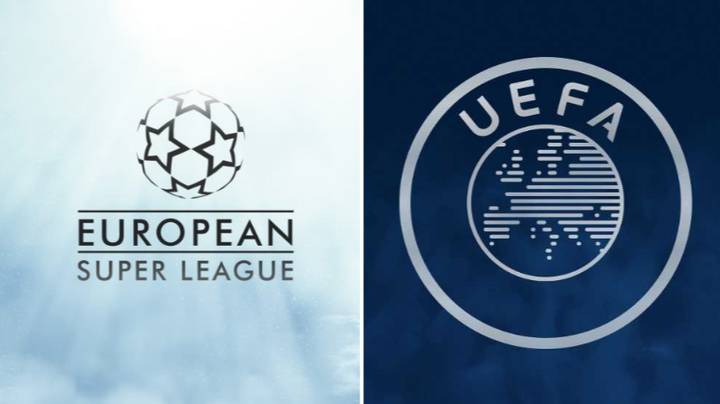
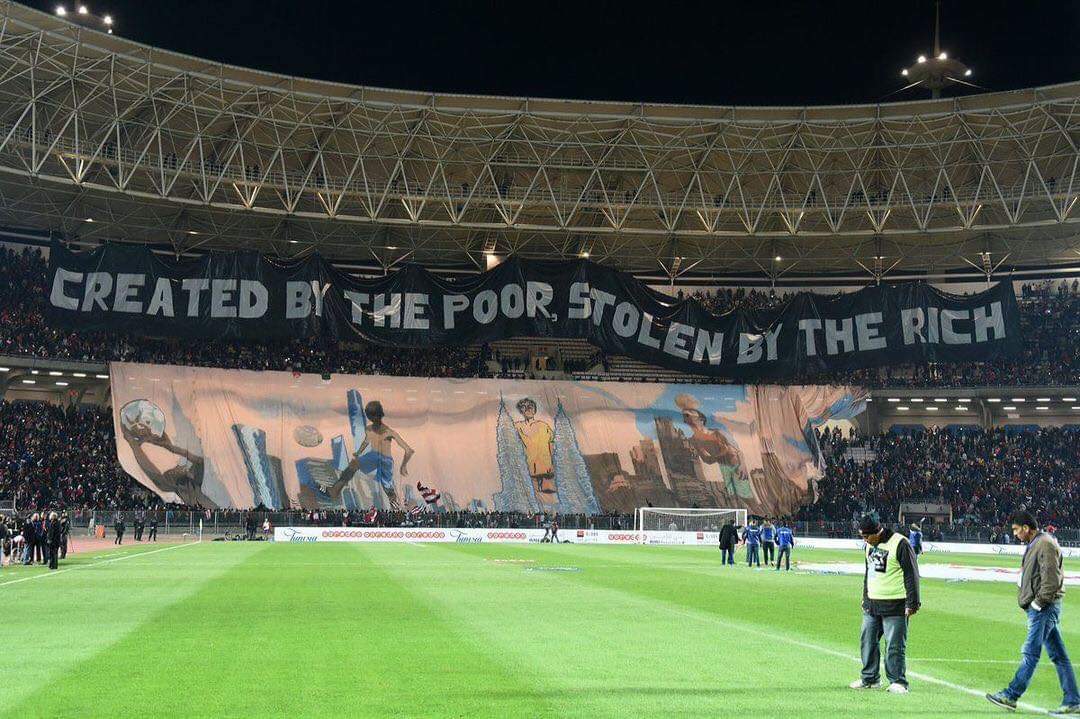
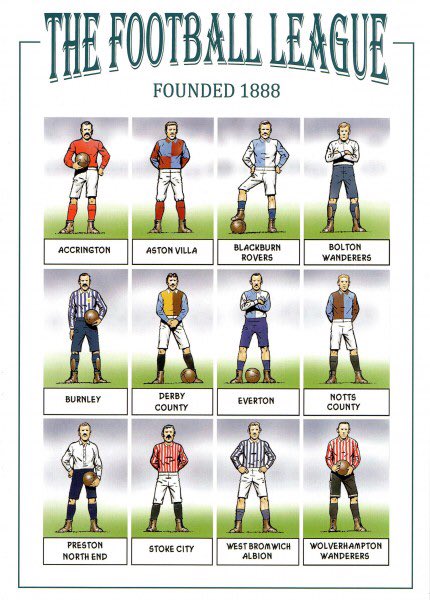
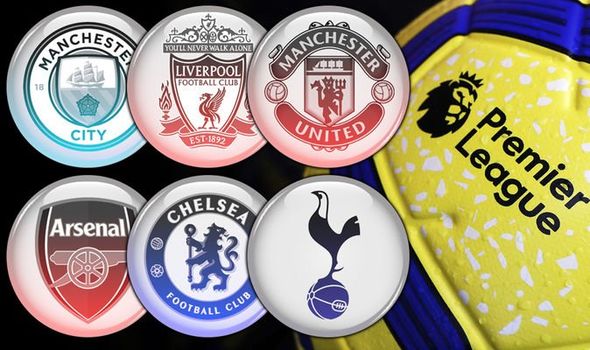
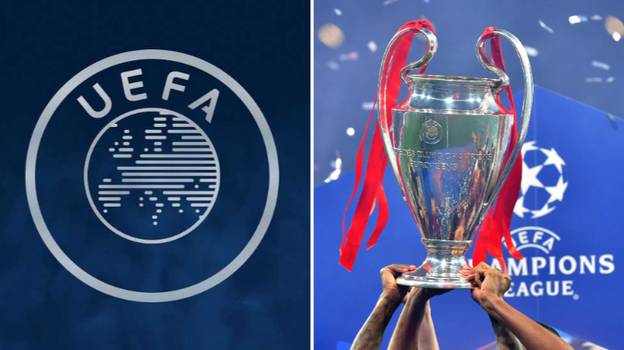
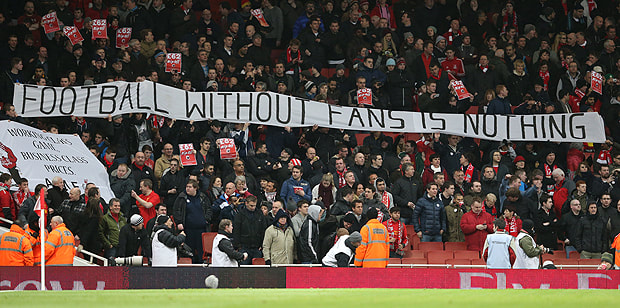
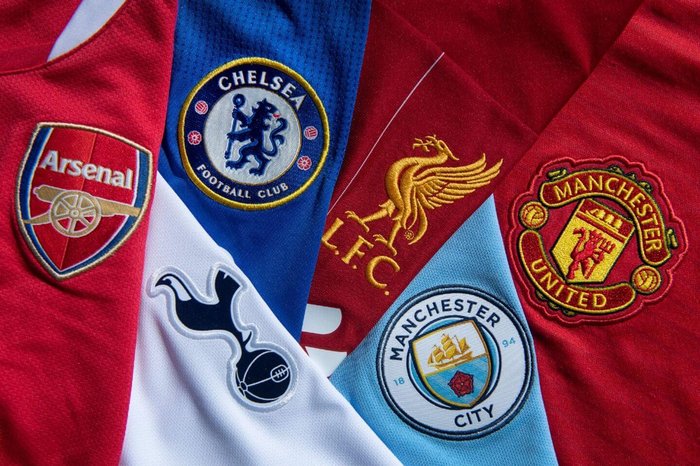
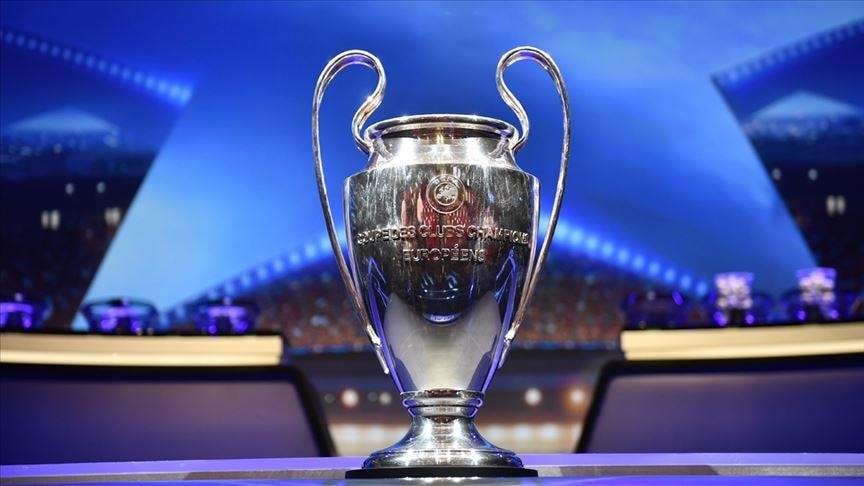
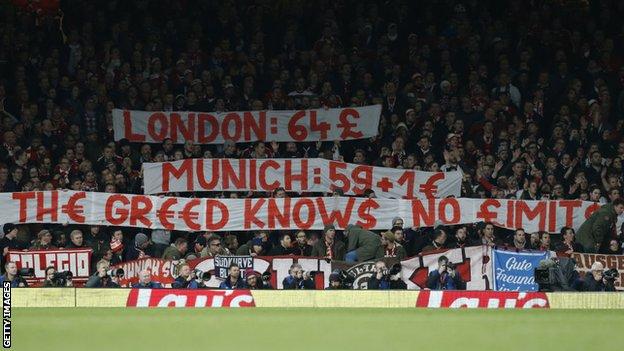
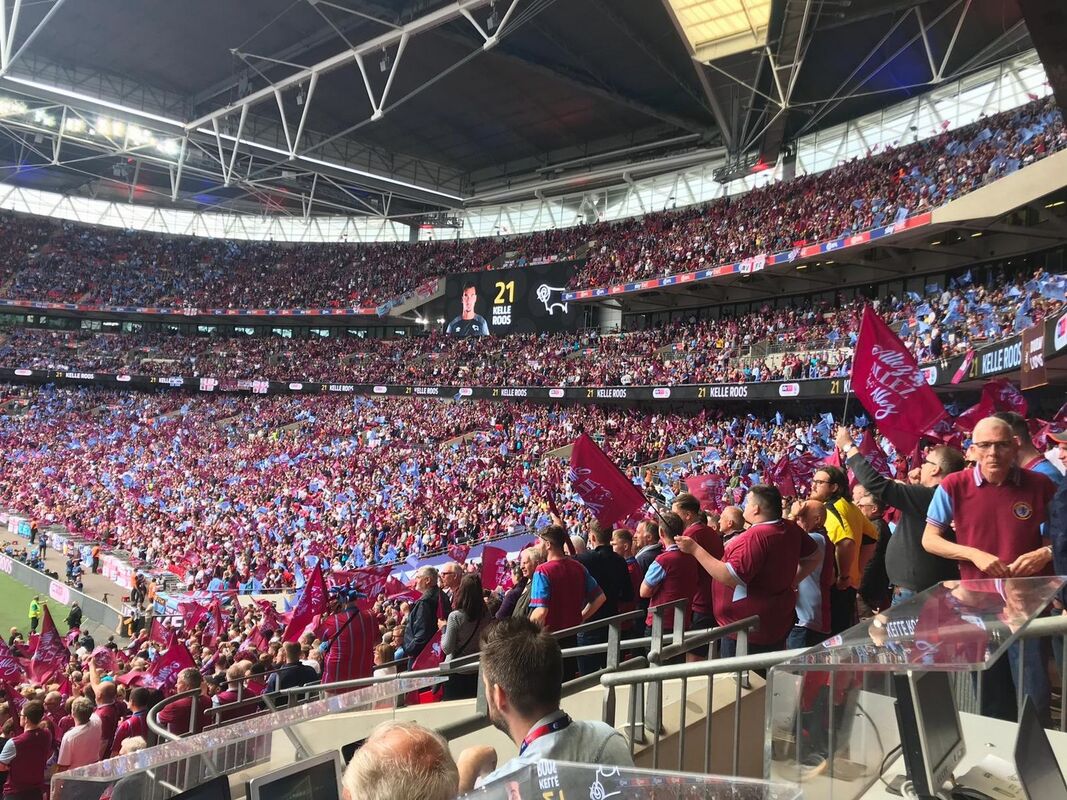

 RSS Feed
RSS Feed